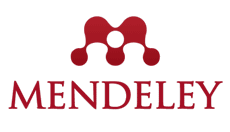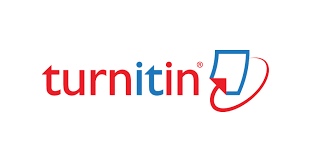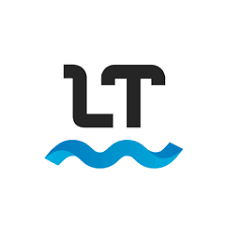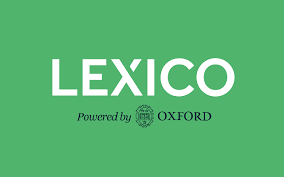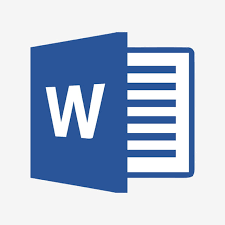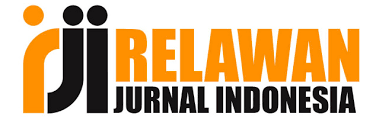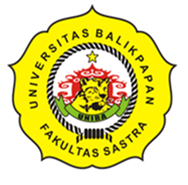FLIPPED LEARNING AS PEDAGOGICAL APPROACH TO TEACHING ENGLISH IN INDONESIA: A SYSTEMATIC LITERATURE REVIEW
DOI:
https://doi.org/10.36277/jurnalprologue.v11i1.226Keywords:
Flipped learning, Teaching English in Indonesia, 21st-century education, Systematic Literature ReviewAbstract
Education is continuously evolving to meet the demands of the 21st century, and flipped learning has emerged as an innovative approach to make classes more engaging and learner centered. This study investigates the challenges and benefits of flipped learning in the context of teaching English in Indonesia through a systematic literature review. 34 journal articles published between 2017 and 2024 were analyzed. The methodology involved content analysis to identify recurring themes related to flipped learning’s challenges and benefits. Findings indicate that flipped learning enhances efficiency, student engagement, and the development of 21st-century skills, including critical thinking and digital literacy. However, challenges such as students’ readiness, technical issues, and unsupportive learning environments persist, hindering their broader implementation. The study underscores the need for more longitudinal research involving lower-level groups to fully explore flipped learning’s potential in Indonesia. These insights are expected to inform policymakers, educators, and researchers about designing more effective pedagogical strategies.
Downloads
Published
How to Cite
Issue
Section
License
Copyright (c) 2025 Rizky Syahra Putri, Marcella Sonya Maria, Farida Nova Kurniawati, Hernita Ratna Aulia

This work is licensed under a Creative Commons Attribution-NonCommercial-ShareAlike 4.0 International License.



